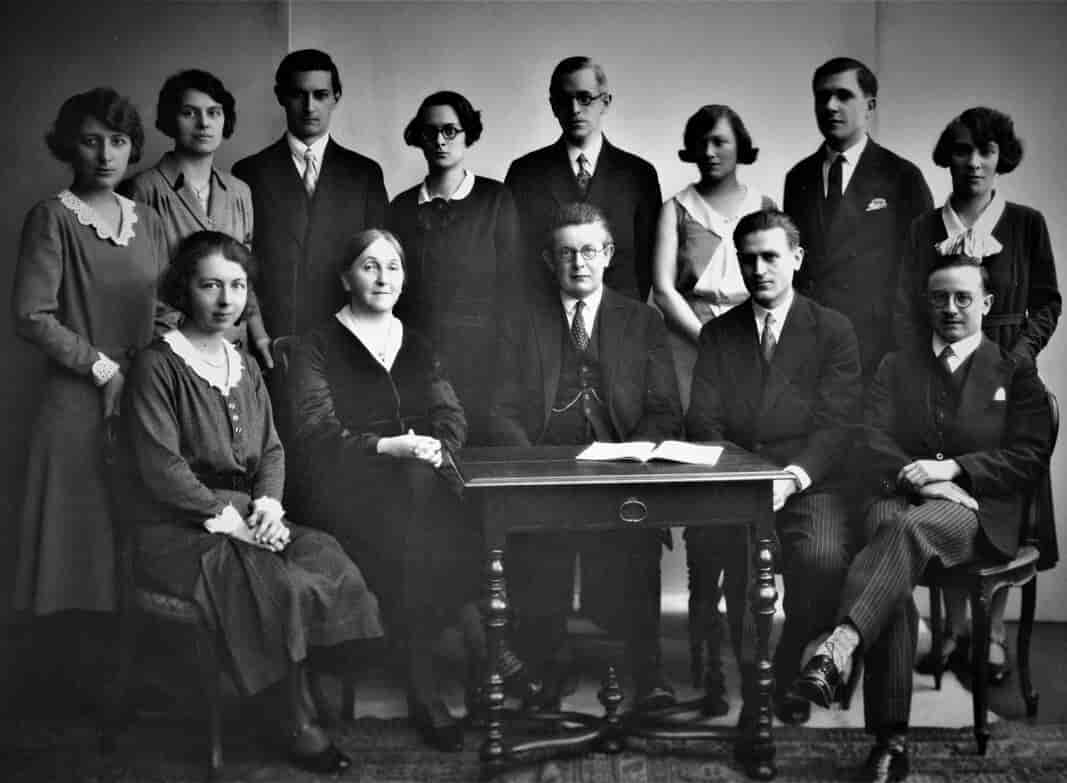Jean Piaget is famous for his theories regarding changes in cognitive development that occur as we move from infancy to adulthood. Children process information in a different way than adults.
In 1973 Piaget proposed a new way of thinking about language and language acquisition, contrasting it with the nativism theory of Chomsky. According to this theory, a child’s concept of the word differs from that of an adult, and the child goes through different stages that will end in adult understanding.
- Cognitive development results from the interplay between innate capabilities (nature) and environmental influences (nurture).
- A child’s cognitive development is not just about acquiring knowledge; the child has to develop or construct a mental model of the world (which is called a schema). Learning the meaning is created via experience and the mind produces its own unique reality.
- Learning by memorizing rigid facts is not effective. Constructs become more firmly rooted in memory when there is some teaching emphasis on the utilization of pre-existing knowledge.
Language is all in the mind.
This is known as constructivism.








